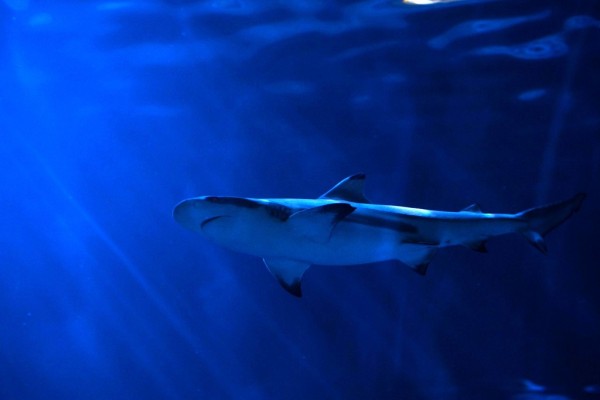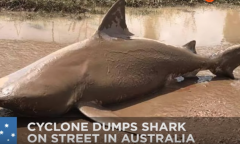By Jenia Cane, | May 07, 2017

Sharks Dying Thriving
Two different scenarios of leopard sharks have been observed in the United States. It was noted that they have been dying in San Francisco Bay, but thriving in Southern California.
What could have been the reason behind this condition? What could have been the thoughts of the experts about this concern?
Like Us on Facebook
Amid this situation, experts have pointed out one major reason for this: They could have been ingesting toxins from the stagnant saltwater. According to researchers, numerous leopard sharks have been found either dead or dying in the shorelines of Redwood City, Foster City, Alameda, Hayward, Berkeley, Oakland and San Francisco since mid-March this year.
Pelagic Shark Research Foundation executive director Sean Van Sommeran has even estimated the deaths to be in the thousands already. Based on reports, this is the highest recorded mortality rate since 2011 when at least a thousand dead sharks were observed in Redwood Shores Lagoon and near Richardson Bay, in Marin County.
The organization has further explained that the "debris, trash and chemical waste" could have been washed into the bay following the "epic storms."
In the meantime, it has been disclosed that white have started to increase in number in Southern California. In fact, one of them has already victimized a 35-year-old mother on Saturday.
While swimming in San Onofre State Beach, a shark bit the leg of Leanne Ericson. It has been learned that she has already undergone two of the several surgeries that she is about to undergo.
After losing so much blood and being in induced coma temporarily, Ericson has reportedly been in a critical condition still.
Cal State Long Beach Shark Lab director and biology professor Chris Lowe said the shark that attacked her might have mistaken her for food.
"They have to learn to feed on their own and they're naïve," Lowe said about the shark, which he believed was not a full-grown adult yet. "They don't know how to chase down big prey."
-
Use of Coronavirus Pandemic Drones Raises Privacy Concerns: Drones Spread Fear, Local Officials Say

-
Coronavirus Hampers The Delivery Of Lockheed Martin F-35 Stealth Fighters For 2020

-
Instagram Speeds Up Plans to Add Account Memorialization Feature Due to COVID-19 Deaths

-
NASA: Perseverance Plans to Bring 'Mars Rock' to Earth in 2031

-
600 Dead And 3,000 In The Hospital as Iranians Believed Drinking High-Concentrations of Alcohol Can Cure The Coronavirus

-
600 Dead And 3,000 In The Hospital as Iranians Believed Drinking High-Concentrations of Alcohol Can Cure The Coronavirus

-
COVID-19: Doctors, Nurses Use Virtual Reality to Learn New Skills in Treating Coronavirus Patients









